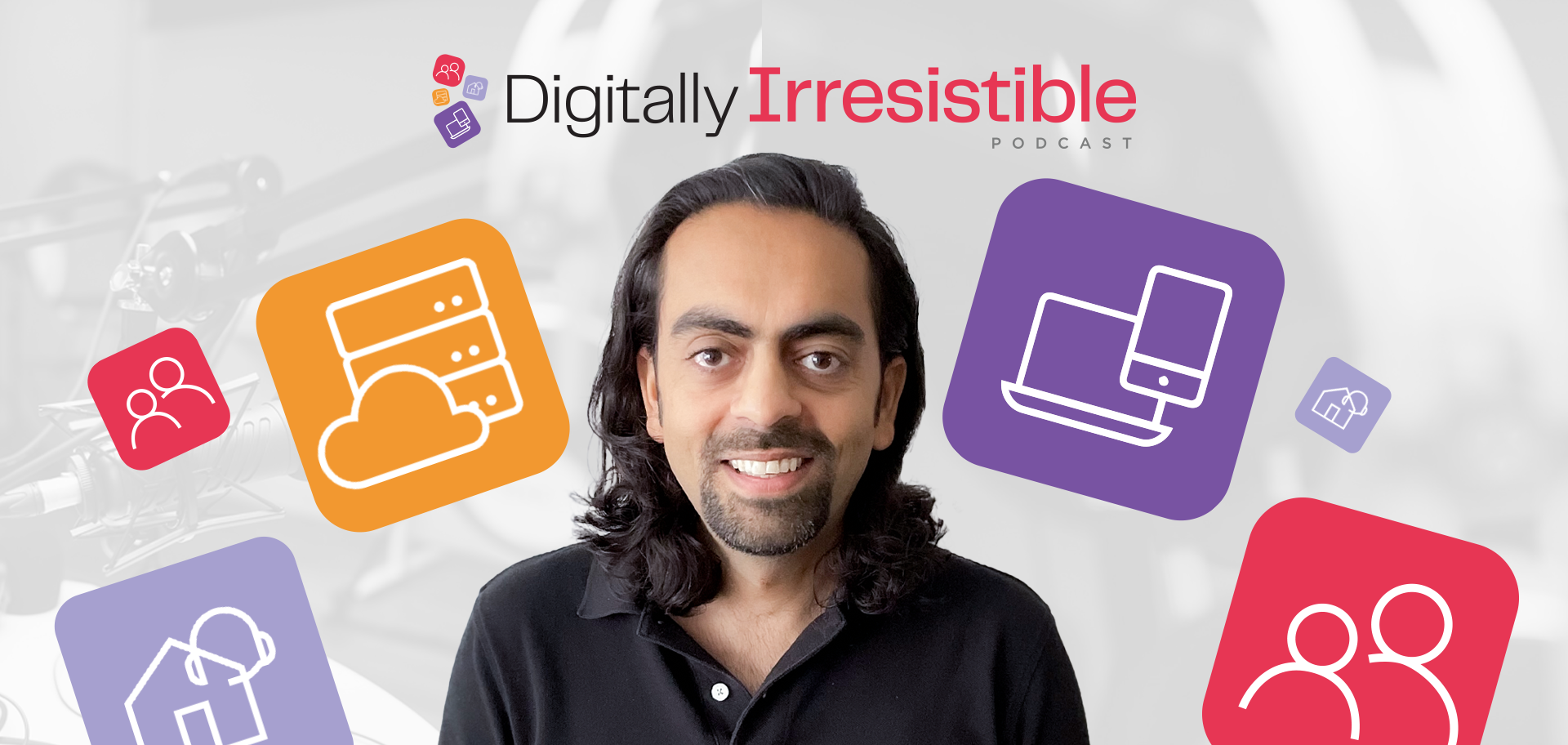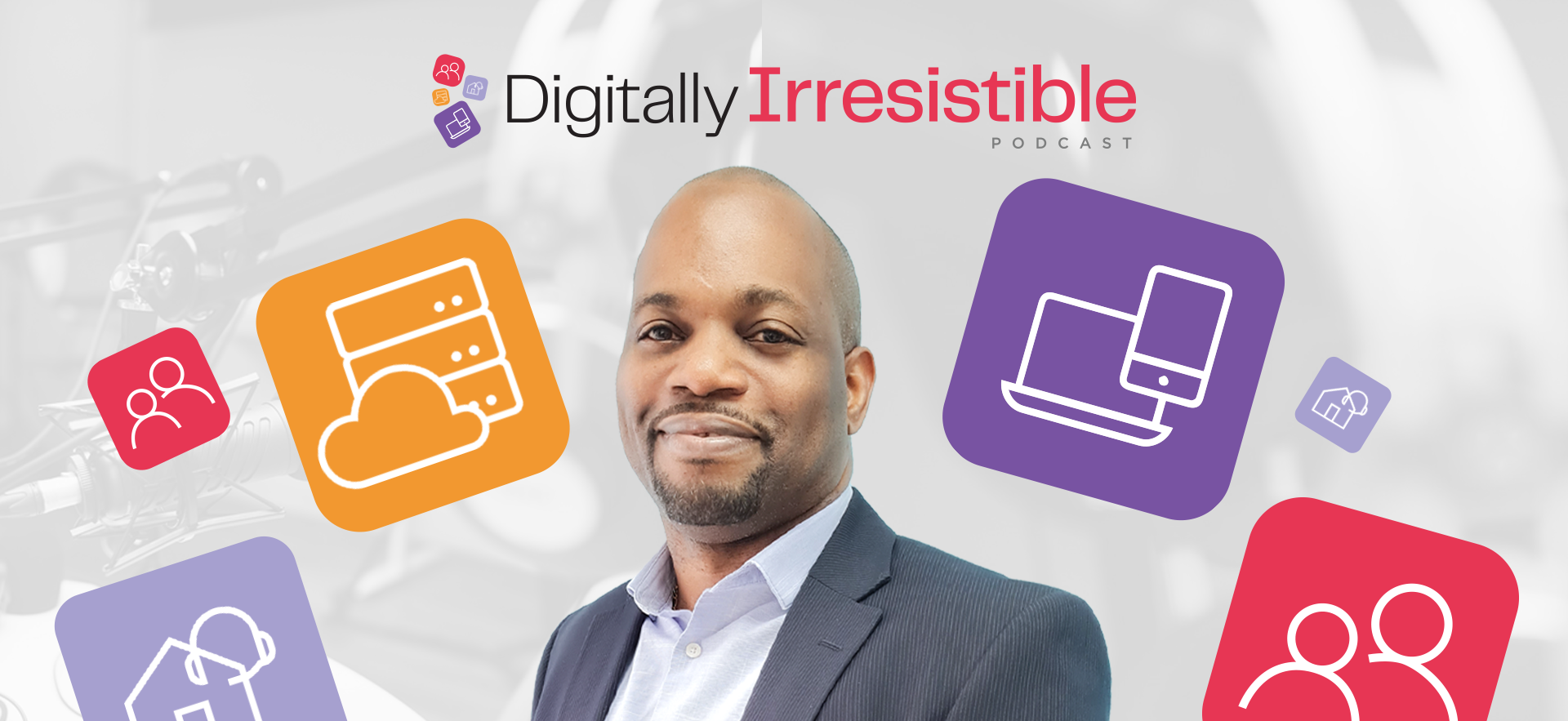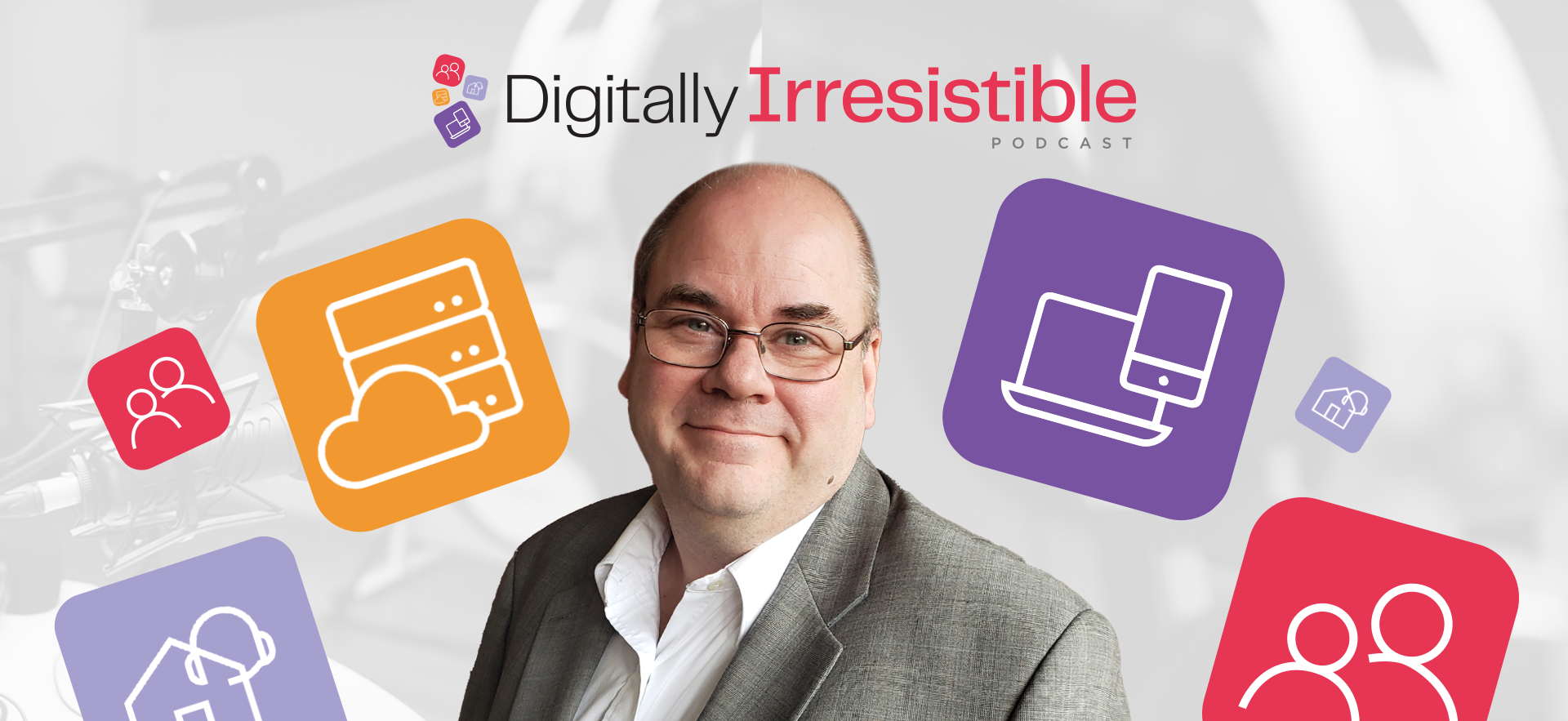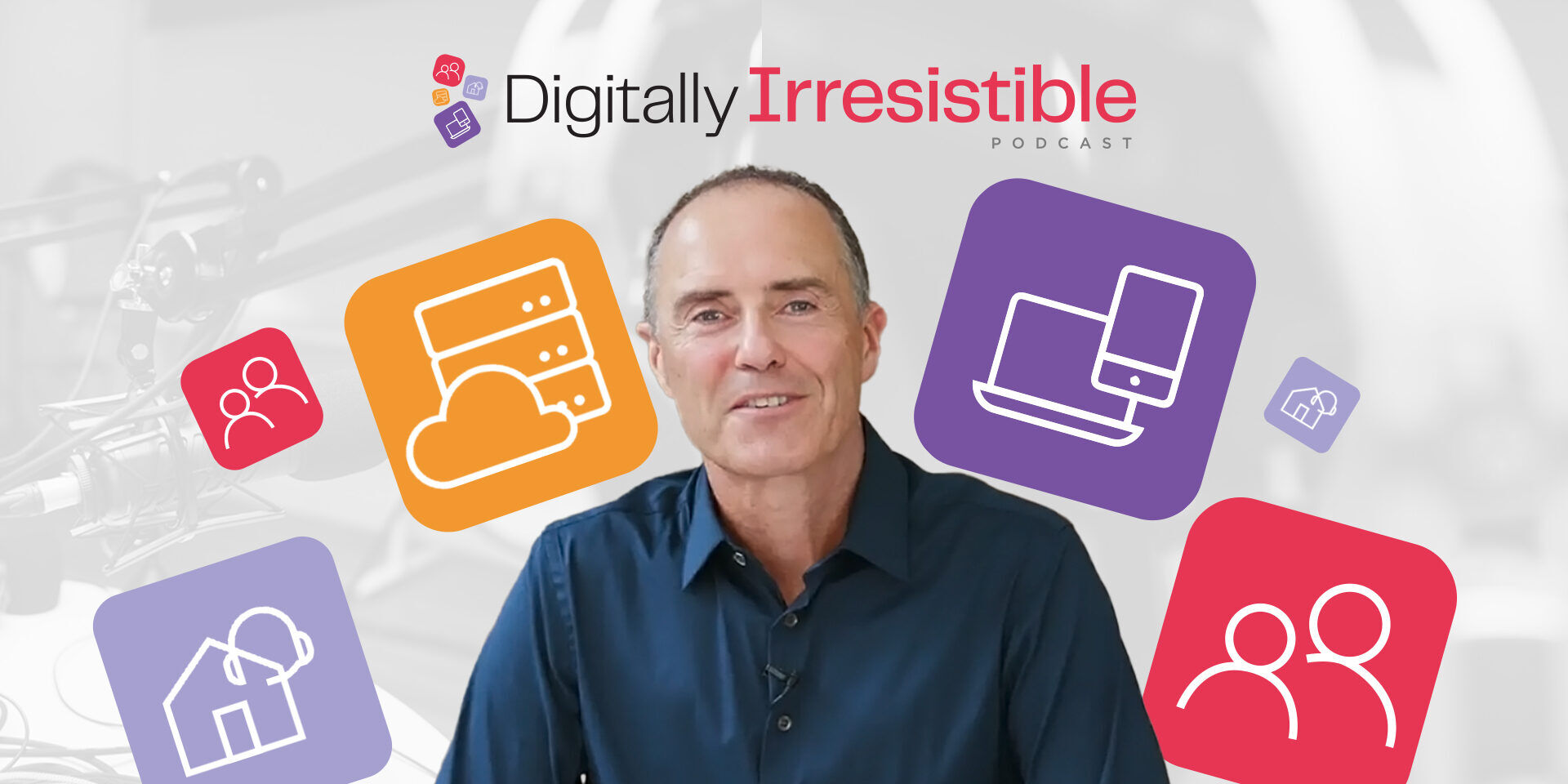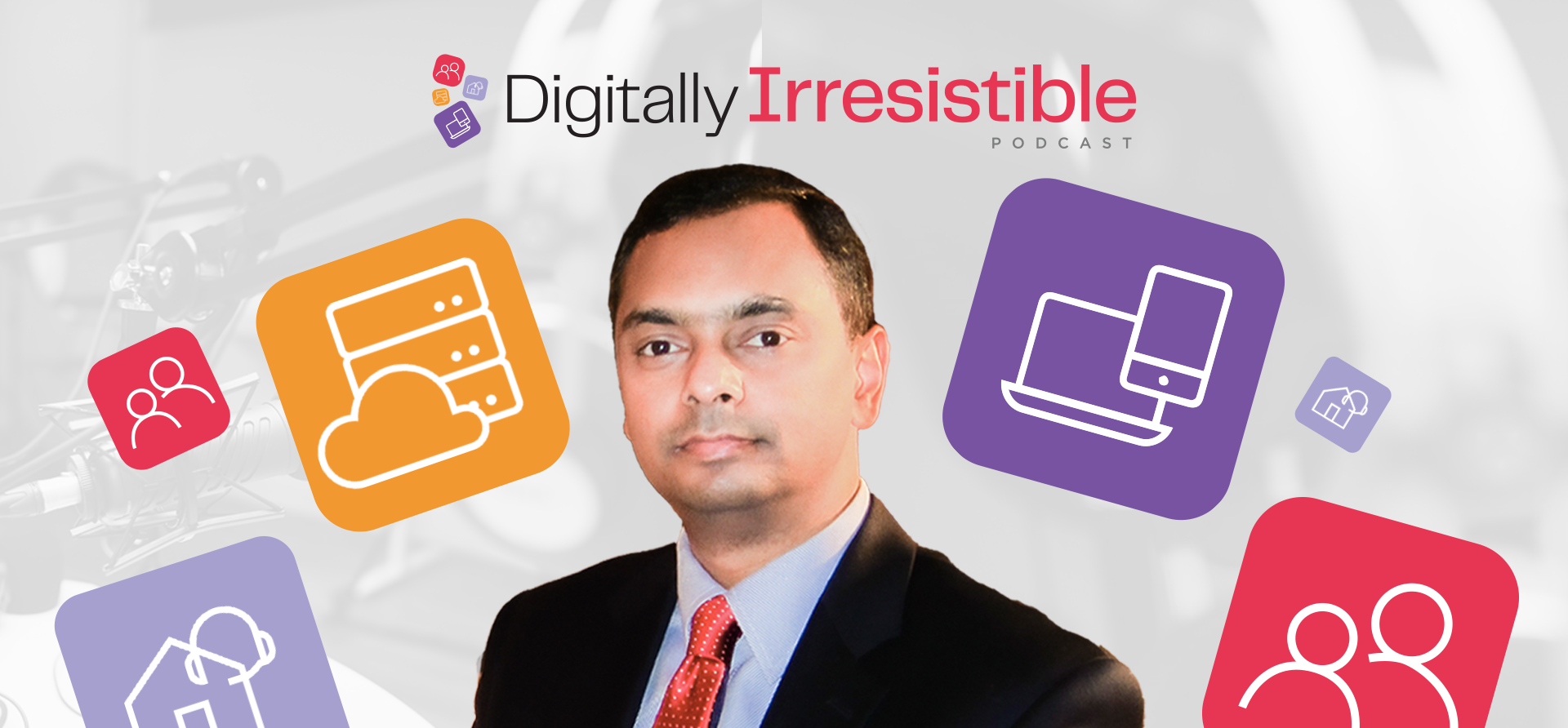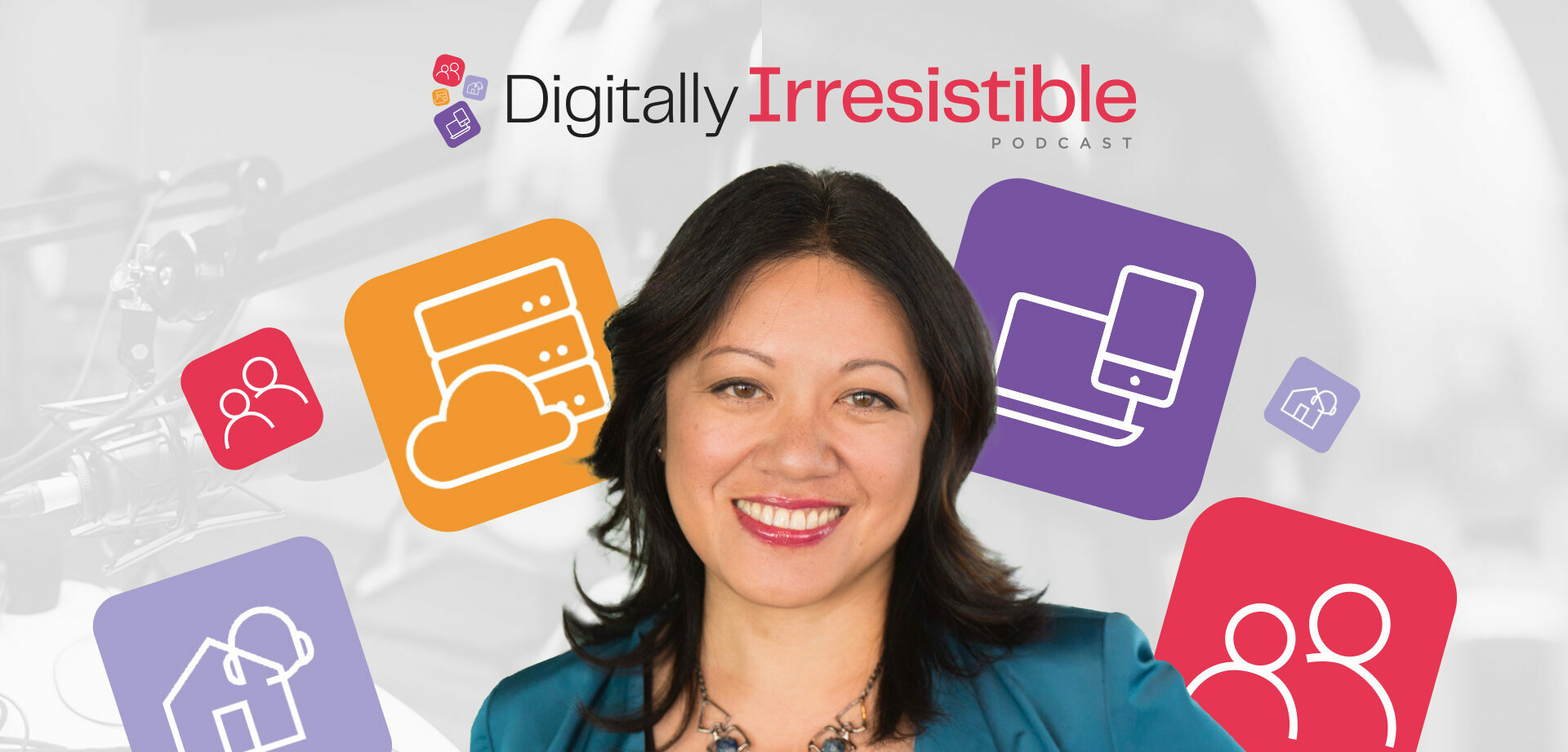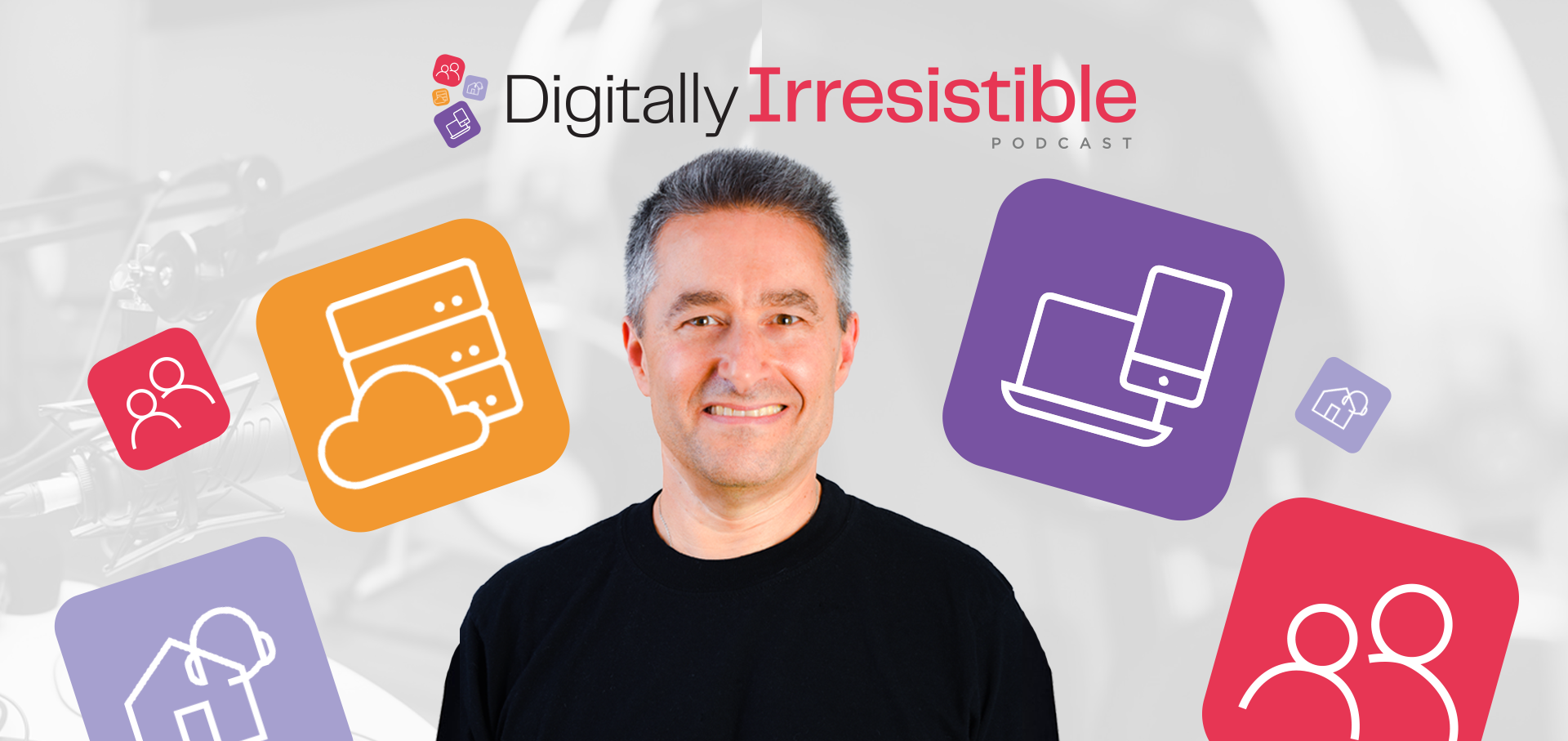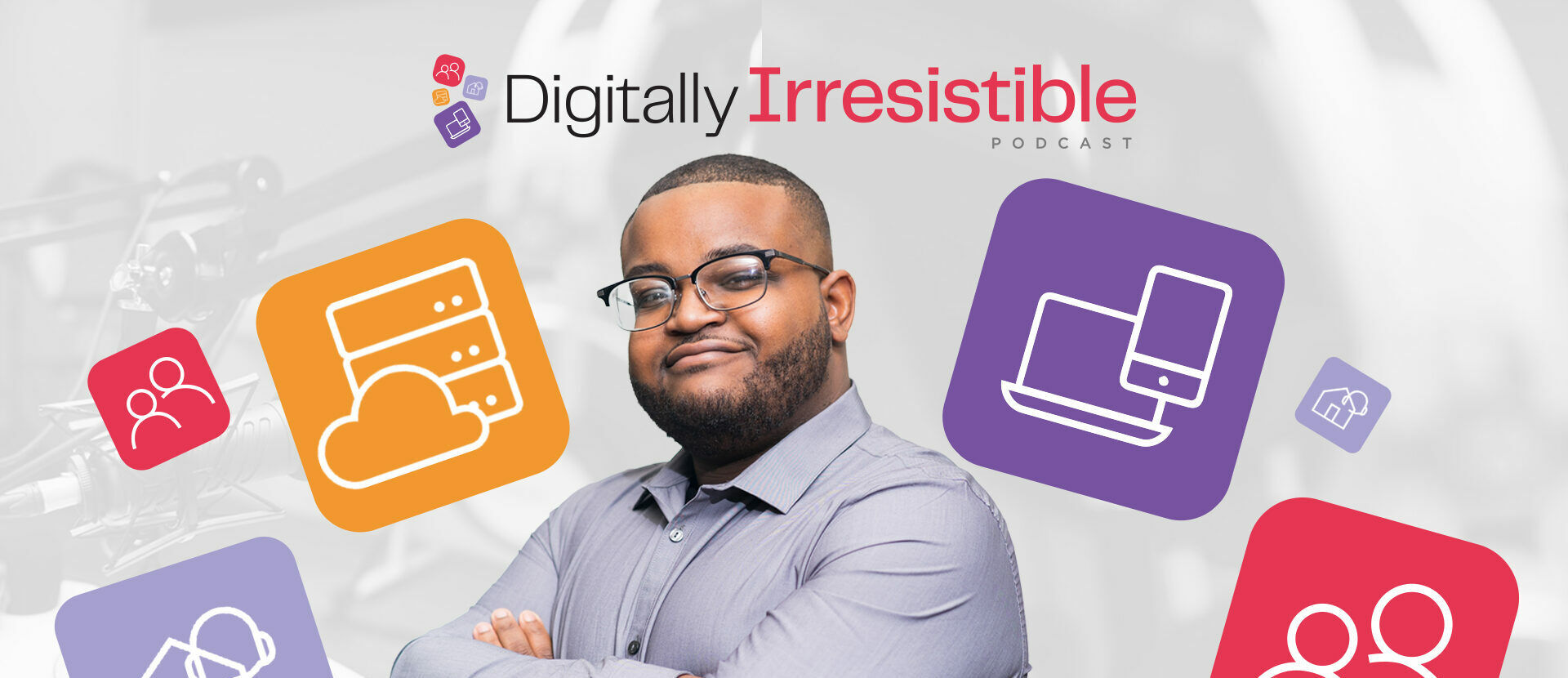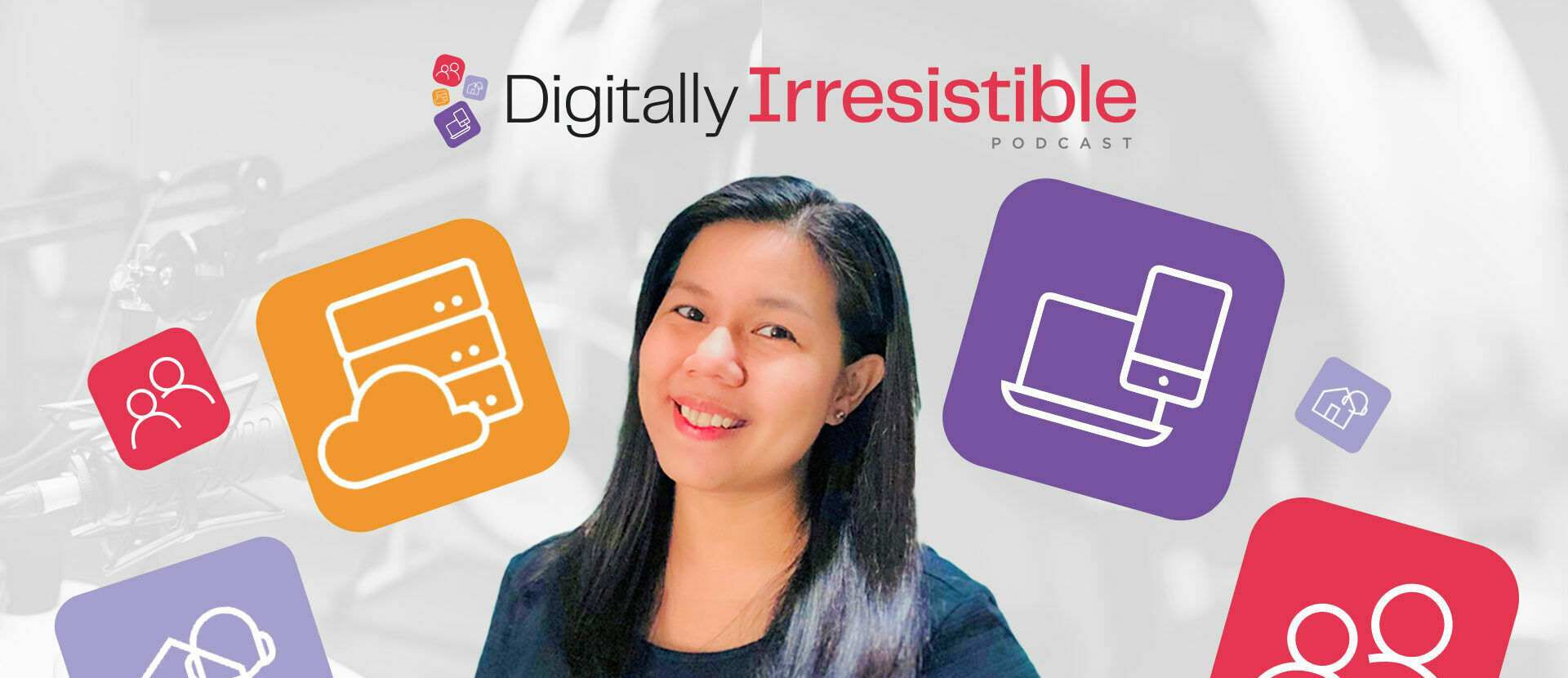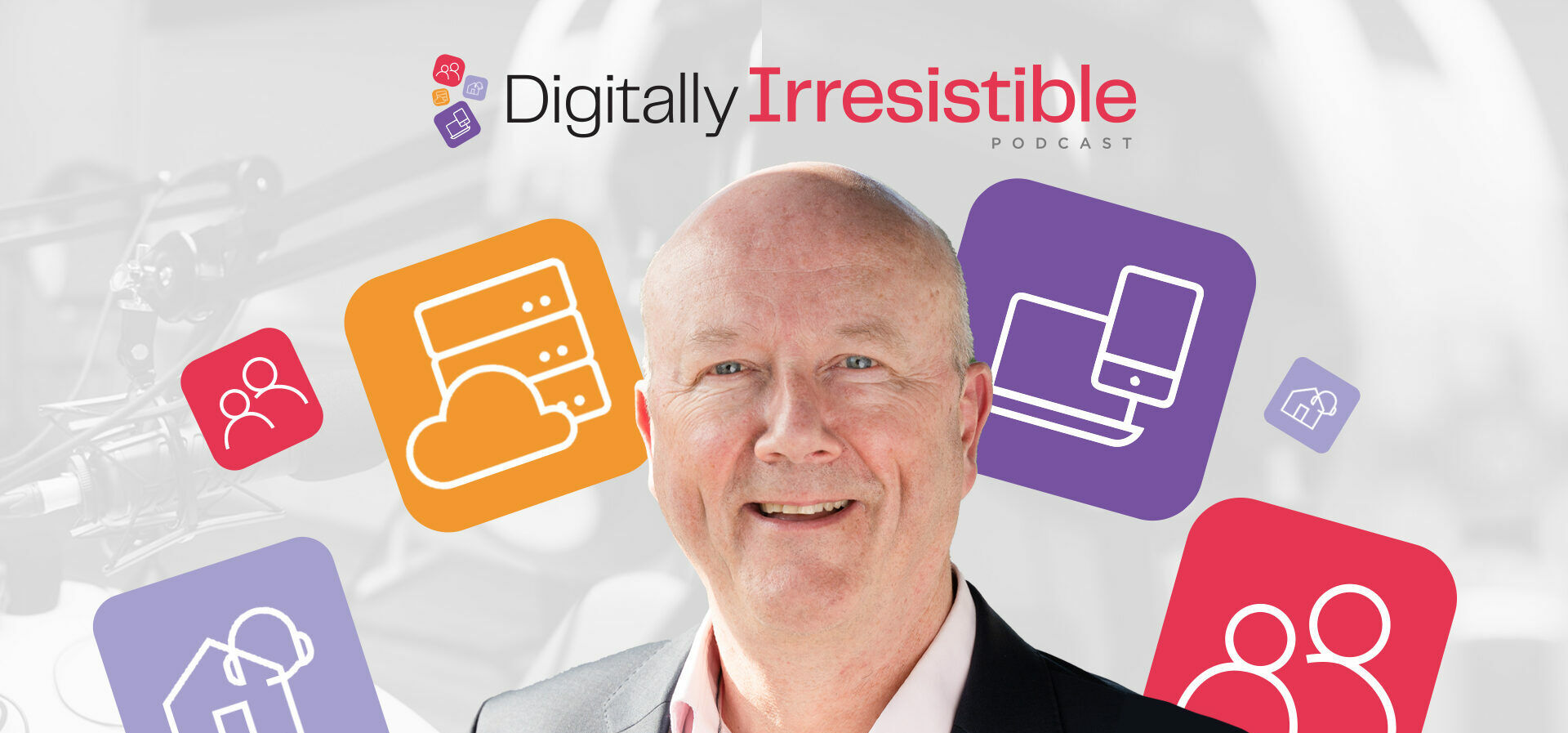Keeping the Agent at the Center of Digital Transformation in Customer Experience
Today’s featured guest is Tarn Shant, Senior Vice President, Transformation and Governance at iQor. Tarn leads a team of digital customer experience experts, engineers, and security analysts focused on building out the technology infrastructure by which iQor delivers outsourced customer services for our clients.
Tarn has been in the BPO industry for more than twenty years. He began his career as an agent handling customer phone calls. This background inspires Tarn to keep the agent at the center of the conversation when planning technologies that enable them to deliver great customer service.
As Tarn’s career has progressed, he’s held different roles achieving a Certified Black Belt Six Sigma along the way. Many of his roles were business-centric responsibilities while leading large-scale operations. About seven years ago he got the opportunity to move into technology, which he embraced.
Earlier in 2021, Tarn was heading up infrastructure and operations technology. Around the middle of 2021, he got the opportunity to lead transformation and governance. His team is devoted to helping customers optimize the CX experience for their end customers.
iQor’s Approach to Digital Experience Transformation
Tarn’s team is focused on deploying technology that results in a great customer experience along with a happy and productive contact center agent. Their approach to building CX technology is built on these three pillars.
Call Deflection
This entails creating an end customer experience that is as effective as possible through self-service to reduce the chance of a customer calling to speak with an agent to resolve simple questions such as “where is my shipment?” This can be achieved through intelligent automation such as IVR technology, chatbots, in-app messaging, etc. The result is a great experience for the end customer that also benefits the agent by resolving simple questions before they get to an agent through a voice call. This allows agents to get more fulfillment from their customer interaction by helping them solve more complex issues.
Digitization of the infrastructure that enables the CX experience.
Tarn is extremely proud of the iQor private CX cloud. It provides stability and scalability that delivers great value for our clients and for our business.
He explains further that we are moving toward a hybrid cloud that enables us to choose workloads that can be executed better in a public cloud, and keep certain workloads on our private cloud, within our data centers. We are accelerating the hybrid cloud model because it’s paying dividends for our clients.
The Agent Experience
Every decision we make considers the impact on the contact center agent. We ask how will this technology impact the agent? It starts with the hiring process.
Once an agent is hired, the onboarding process is all about training the agent. There are technologies that help agents train faster, reducing their learning curve. Once training is completed, the focus is ensuring that we enable them to perform well. Agents want to be productive, meeting the KPIs established by and for our clients.
Agents benefit from tools such as chatbots, knowledge management tools, speech analytics and AI-powered coaching as well as feedback from their supervisors. The combination of these tools and the human supervisor element enables our agents to perform at a high level of performance and job satisfaction.
The iQor Differentiator is Speed and Security
Tarn points out that successful execution comes down to speed and security. When it comes to speed, he shares an example of a client who had a need to stand up 500 agents in 7 days. Due to our established technology infrastructure coupled with our robust and proven recruiting processes, we got it done, much to the thrill of the client.
Naturally, clients want to know that our customer care service delivery is secure. In today’s hybrid CX delivery model where some frontline staff are located in an iQor facility and others are work-at-home agents, security is paramount. Tarn explains our approach to data security is partnering with best-of-breed partners such as Palo Alto Networks, CrowdStrike, NICE and Thinscale to deliver endpoint security that scales.
He ensures that his staff gets proper training, so they are up to speed on the technology ensuring effective deployment of secure CX service delivery regardless of an agent’s location. Collaboration with our partner’s security team ensures the right controls are in place for us to deliver highly secure customer service to our client’s end customers.
Balancing People with The Technology Infrastructure
Another element that exists as a layer above the four pillars is change management. As technology is planned, Tarn works closely with his team to ensure that cultural change is inclusive so that everyone is part of the common story.
For Tarn, it’s always been about people, making sure everyone understands what they are trying to achieve. People ask is each technology initiative aligned to the company goals? Investing in people’s skills development, giving them the proper tools and an environment where they can share their ideas and flourish is an important part of the culture. He regularly reaches out to frontline staff to have skip-level meetings to give them an opportunity to be heard.
Another important consideration is technology training. Whenever we sign up for a new technology, we ensure the partner offers training directly or through an authorized partner to train our team.
What Tarn Does for Fun
Tarn started playing tennis for exercise and fun during COVID. Since he lives in the northeastern U.S. where outdoor tennis is not available six months of the year, he also enjoys going for long walks and listening to podcasts to stay up-to-date on topics of interest.
Learn more about iQor digital customer experience capabilities.
